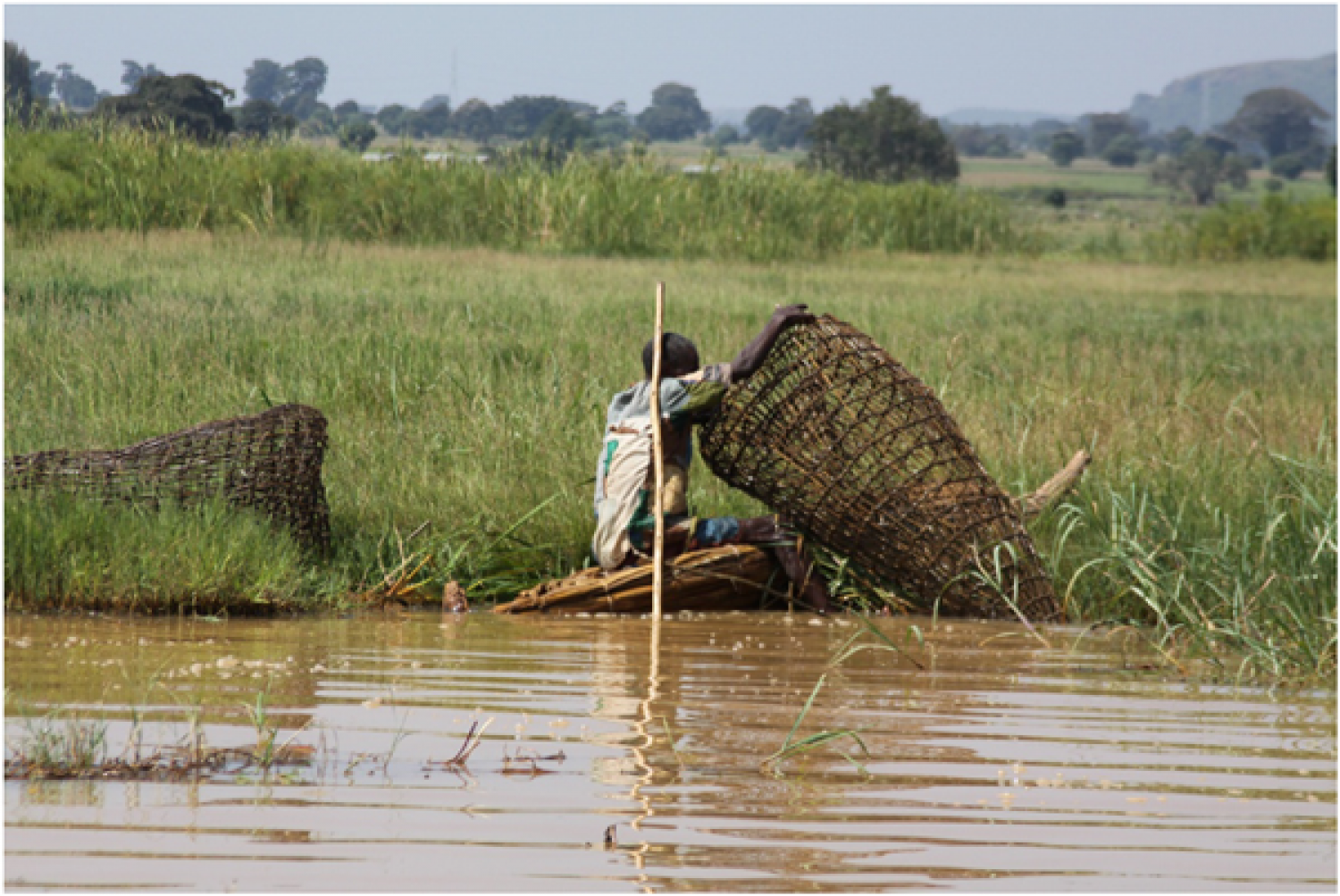
Although wetlands are known to provide vital ecosystem services, the current state of wetlands in Ethiopia in terms of their ecosystem service components remains poorly understood. Wetlands located in the UNESCO Lake Tana Biosphere Reserve have been highly degraded, but possess highly valuable resources. Therefore, this study sought to assess the major ecological states and identify the main ecosystem services (ESs), along with local people's perceptions of wetland management. Nine wetlands were selected from pristine/reference, agricultural and urban land uses of the Lake Tana area. Numerous ESs were identified, categorized into four main ecosystem services, analyzed using a conceptual model adopted for this purpose, and their ecological conditions were assessed using a range of methods. The results revealed that the provisioning and cultural services were found to surpass the regulatory and supporting services of wetlands in agricultural and urban types, as compared to wetlands located in pristine areas. Although most of the local residents positively viewed wetland regulation and supporting services, weak policy and decision support such as wetland use planning, investment interventions and communal land ownership, and poor development of diversified livelihood were found to pose major challenges to sustainable utilization of wetland resources. The range of plant species diversity among the impaired wetlands was observed to be related to the degree of disturbance, with urban and agricultural wetlands being highly degraded as compared to pristine wetlands. Moreover, these impaired wetlands were found to be invaded by upland and exotic weeds, out-competing the socioeconomically and ecologically important native species.
